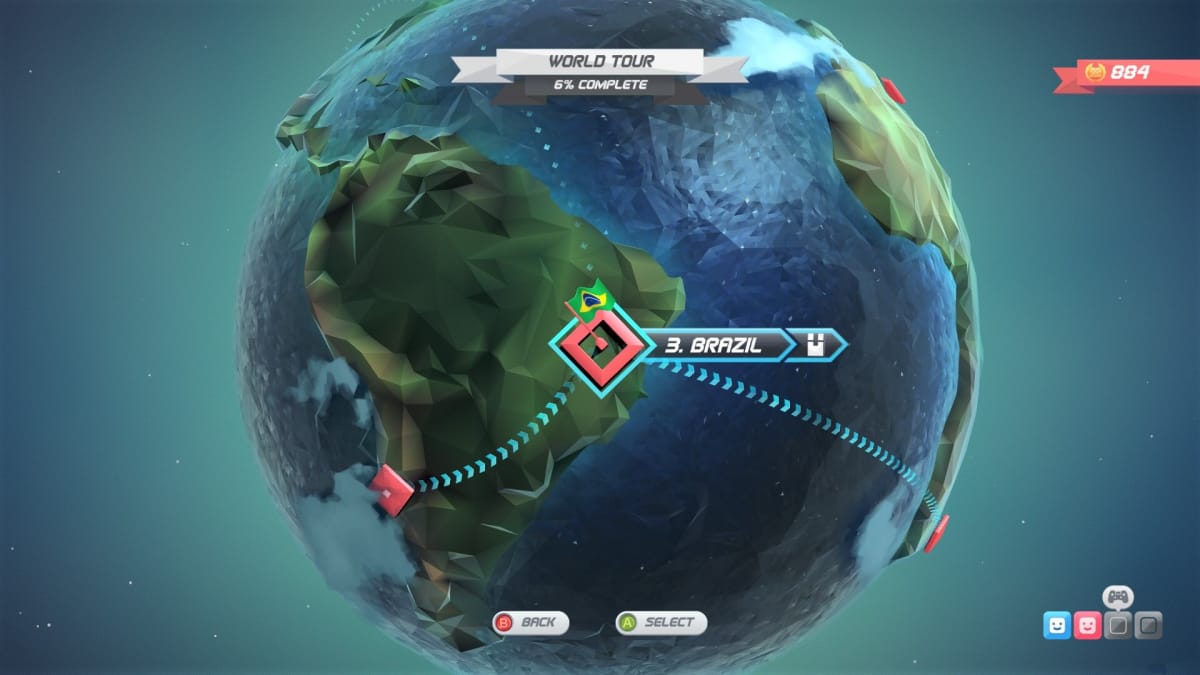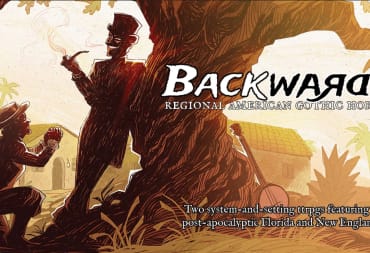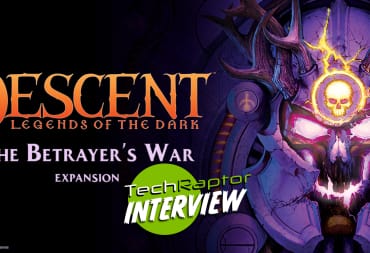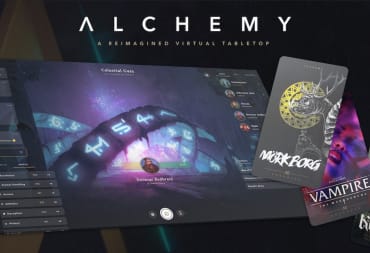Brazil leads the Latin American video game market and is the 11th top country overall for games revenue. This burgeoning games market has had breakthrough moments in the past decade and could become a major player in the games industry, with 13.5% year-over-year growth in revenue in 2020, higher than the U.S.
Still, the Brazil games industry is not a traditional market in terms of games development because of their late start behind the major global markets. Overall they are made up of smaller studios and are still proving themselves.
However, Brazil is actively supporting their games industry worldwide through the Brazil Games Export program. This is partnered with Abragames, the game developers’ association of Brazil.
TechRaptor had the chance to speak with two accomplished professional in Brazil’s games industry to get their insights, experiences, and predictions for Brazil’s game development scene.
Camaraderie in the Brazilian Games Industry

The Brazil game industry has a unique opportunity in not being one of the world’s top-tier game industry areas. Since Brazil has a lot of small studios and is collectively trying to expand their image on the world stage, there is more camaraderie among them than competition.
Vinicius Oppido, Co-founder and Director at PushStart Studio, said that when Brazilian developers band together to attend GDC or other game events, this sense of collaboration is instilled.
PushStart has brought international recognition to Brazil via their work with several U.S. clients. Oppido mentioned a few of their key clients, like Disney and Turner. They have also worked with the Mind Research Institute in California, developing math games. The key point is that PushStart is not only winning success for their studio with these accomplishments, but also for Brazil.
“Every time we have the opportunity to do a work and to do a project with a foreign company, we really do our best to have a case that they would feel that this is something that could have been done here in the U.S.,” Oppido said. “They're not hiring us because our price is cheaper, they are doing that because our work is good, our work is at the same level, or sometimes higher, than a company that they know that they could hire in their home countries.”
They are developing games for the world—for international recognition—as much as for their home market.
Key Breakthroughs
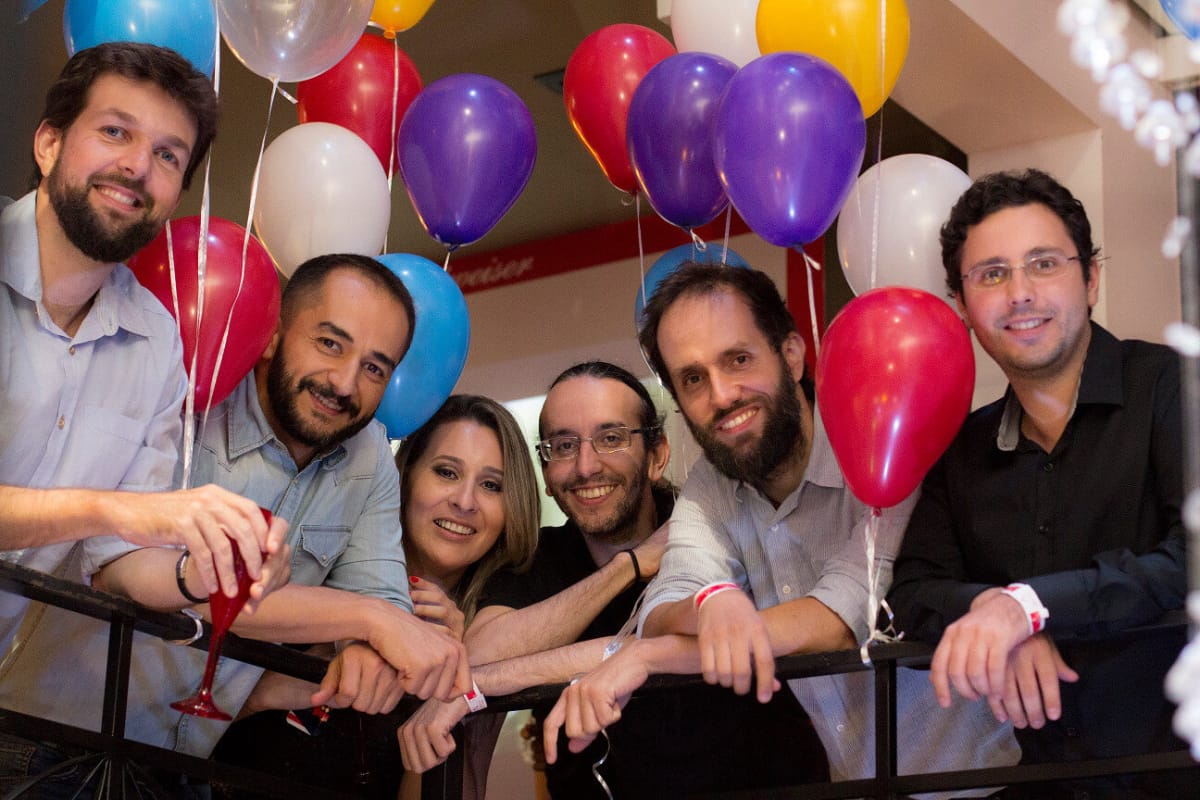
Sandro Manfredini, Partner Business Director at AQUIRIS and President of Abragames, shared some key breakthroughs of Brazil’s games industry over recent years. This includes Long Hat House’s Dandara, which placed on TIME magazine’s top 10 games of 2018; the Knights of Pen & Paper mobile game series that was published by Paradox and well received by critics; and a game Manfredini worked on called Horizon Chase that was on Apple’s best of 2015 list. Another key breakthrough came with the award-winning Celeste since it had Brazilian artists.
The BIG Digital Festival has also been valuable for bringing global attention to Brazil. In normal times, it takes place in Sao Paulo, which brings publishers from around the world to Brazil. This year it was fully digital. As a game event, it is “one hundred percent focused” on Brazil’s games industry, Manfredini explained, and very important in gaining exposure for Brazil.
Abragames is an important player in organizing it, and their partnership with Brazil Games has helped them participate in events around the world. They would have had 52 companies going to GDC, and more than 20 companies would have gone to Gamescom, if things were normal this year. Both numbers are similar to last year, though, showing the impressive trend of Brazil’s presence in international events.
Additionally, Manfredini noted the endeavor to gain incentive from the local government: “In the last three years, we had the chance to have an investment of around $10 million in new projects here in Brazil … and I think that will help us to bring more attention to the scene as well.”
Advantageous New Trends for Brazil
Despite these breakthroughs and changes for the better, in the not-too-far past it has been difficult for Brazil to access some of the dev kits and systems available for development. Dev kits for the PS3, and even PS4, were hard to acquire. But with current technological trends, like AR and VR, Brazil has a chance to stand on par with the rest of the world.
“I think in terms of dev kits opportunity for those new platforms [it] is going to be very much lower,” Manfredini said. “Also, in terms of technology, back in the days [to] have the access to good engines like Unreal or even Unity was much harder for us, and I think those are things that we don't have to be more concerned about, so I think those things will help us.”
Plus, Brazil has a huge potential mobile market to tap into. Manfredini estimates that about half of Brazil’s 200 million population is a potential mobile games market. Thus, with both better established presence in the games industry and a large market, Brazil is poised to grow.
PushStart's Cross-Media Approach
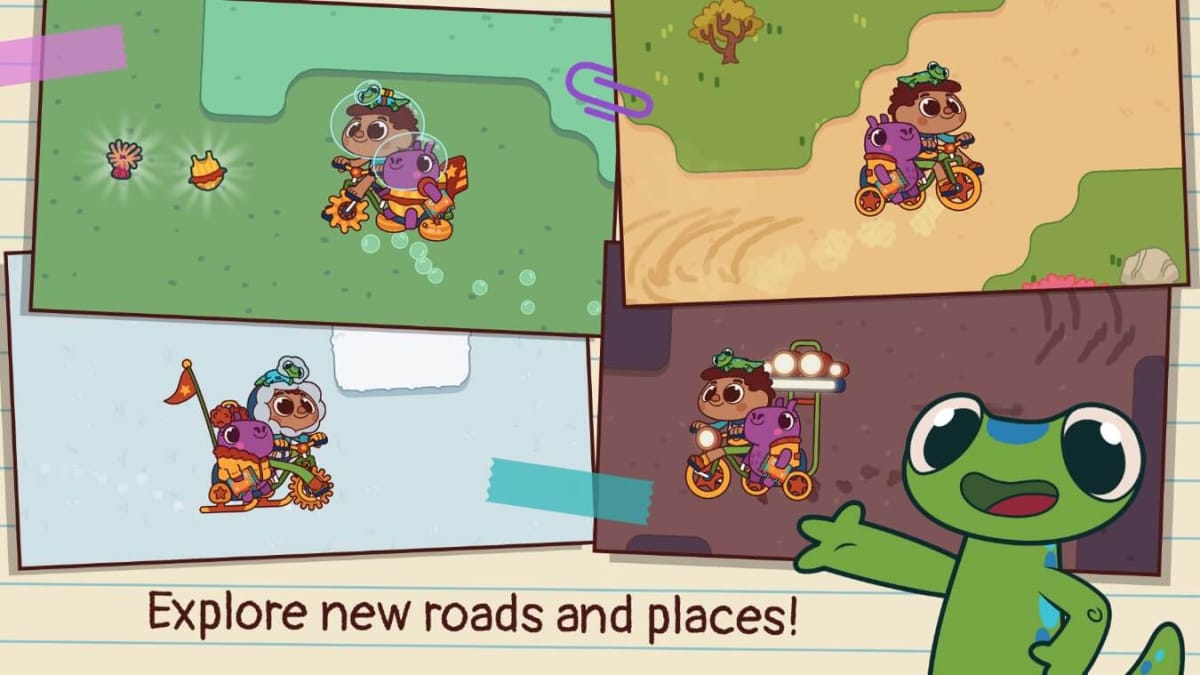
One game studio that demonstrates this growth is PushStart, the company Oppido works for. PushStart creates cross-media products and this summer released WOW ANIMALS, which has a digital app, an animated series, and social media content. Most of their games are educational experiences designed for kids, and this one is a hide-and-seek game and an educational experience about animals.
Oppido spoke about the challenges PushStart encounters when developing cross-channel products. The biggest one is encountering incompatibilities. While creating the animated series, there were many assets they planned to reuse in the app, but it wasn’t always turnkey. Several adjustments were needed.
“We are used to think on the projects that we work on here in this studio in this multiplatform way," Oppido explained. "So when we start a new idea we usually can’t see things thinking about how they are going to be presented or they going to work in different media, but it's always something that you have to understand while you are walking through this process.”
Despite these unexpected hurdles, there is a key benefit to cross-channel development.
“It's something that we like to do, it's something that [expands] the way you think about the IPs and the project is something that we really enjoy, despite the fact that that is challenging.”
They try to anticipate as much as they can, but working across platforms inevitably leads to unforeseen issues. Once they are worked around, the multichannel product helps their IP. This makes PushStart a much more versatile and experienced studio.
“Paradox of the Independent”
PushStart typically completes work for clients, but WOW ANIMALS is their original IP. Oppido explained that, while exciting, working on an original IP is not different than a project for a client. PushStart tries to have fun and is as involved with those projects as any of their original ones.
“But it's different because this time we are investing our own money,” Oppido said. “It’s something that is somehow like thrilling, like we don't know if it's gonna work or not, it’s something we don't know if it's going to return or not. It's different from working for a client that in the end you'll be paid for that and everything will be fine, but in creative terms it's really exciting because we can explore in many ways … that sometimes the clients are not open to.”
Oppido describes this balance as the “paradox of the independent.” One is free to create what they want, but they lack the funds to do so. PushStart raises money for their own ideas by working on other services and external development.
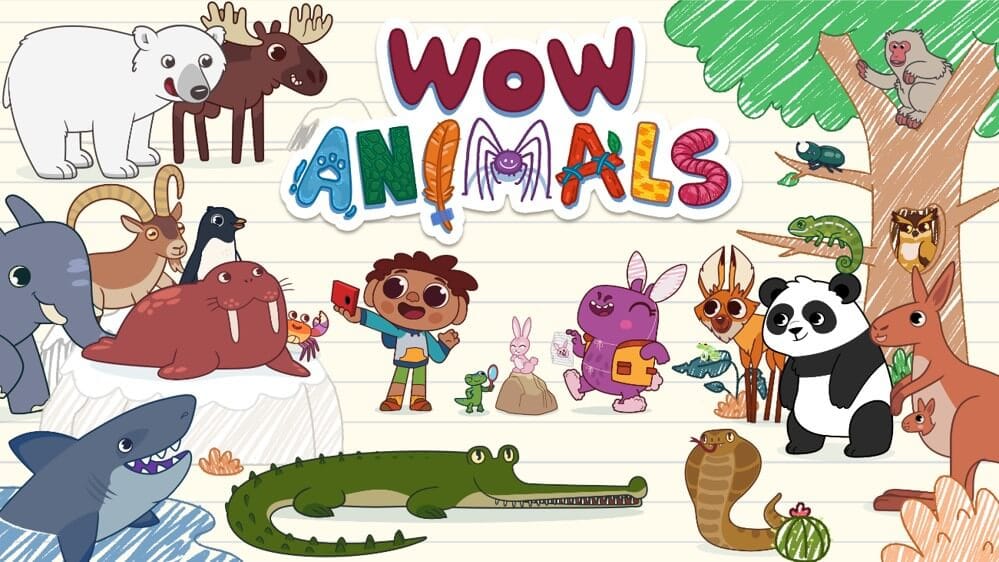
Some of their other services are gamified HR solutions. The same team that works on external development for clients is also working on their HR offerings. These are interactive experiences tailored for any given company.
“So we have all these expertise gathered along these years … and we are just trying to apply this to a different scenario, and it's really working, because, especially in the pandemic, all these dynamics involving acquiring new talents, they had to be canceled because of the social distancing," Oppido said.
“And the companies started to look. And to ask for this kind of solution that could still make this interaction happen, but at distance. So we had to apply a lot of the things that we have learned along these six years of … developing games, to create these products and solutions for these companies trying to acquire new talent.”
PushStart has had growth in this field, which has been especially helpful in this time when other projects are harder to find. This additional work also gives PushStart the opportunity to flex their design muscle outside of games.
AQUIRIS’ Design Versatility
The game studio Manfredini works at, AQUIRIS, has been similar to PushStart in that they focused on casual games that promoted brands, services, and products for clients.
Working with advertising agencies and doing small games for products and services gave AQUIRIS the opportunity to explore and work on a wide variety of genres. Without the opportunity to backup or fund their own projects, they could only take opportunities as they came.
For example, they had designed the tech demo for Unity 3, which provided them great exposure and demonstrated the quality of their work. The tech demo was a third-person shooter, and its publisher, Aeria Games, challenged AQUIRIS to make a first-person shooter out of it. Manfredini and company leapt on the opportunity and started work on what would eventually become Ballistic Overkill.
In 2014, AQUIRIS finally got a chance to work on their own game after finding a venture capital investor to back them. Manfredini and other employees in the company were passionate about racing games, so they started on what would become Horizon Chase Turbo.
With it, they wanted to bring back the old-school racing experiences like Top Gear or Outrun and avoid the inaccessibility of more simulation racing games. Their result, according to Manfredini, is accessible like Mario Kart but with deep racing game elements and not as much randomness.
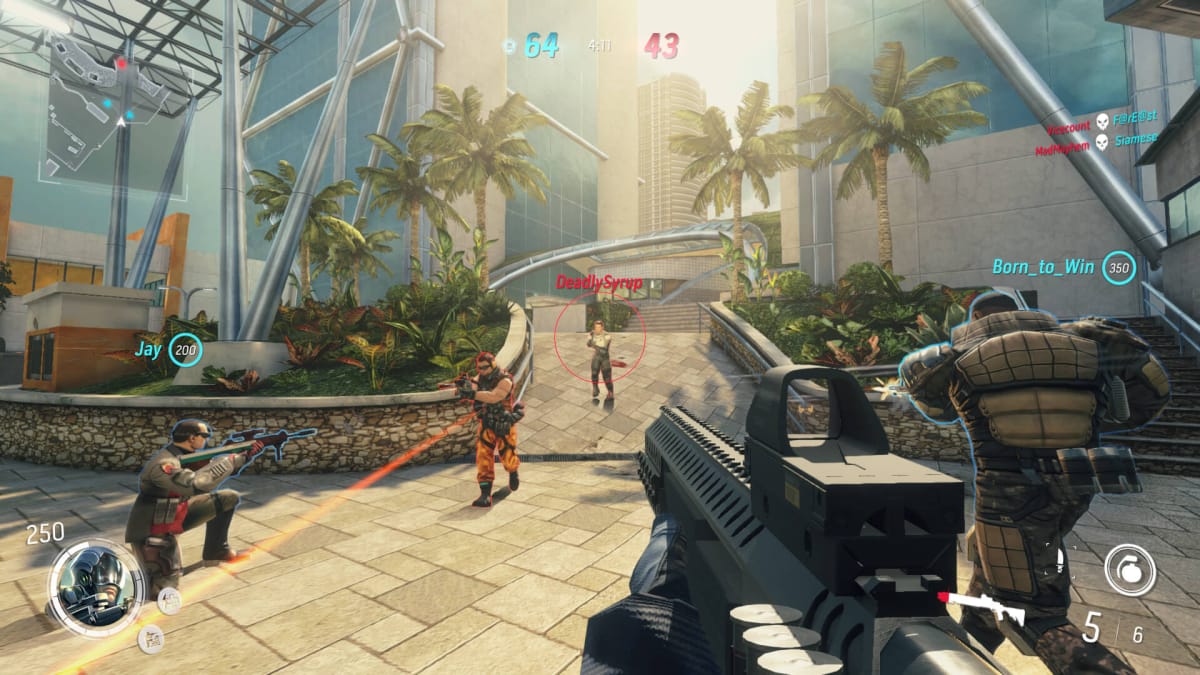
Opportunities for AQUIRIS kept coming. They worked on a large-scale, free-to-play mobile game based on Looney Tunes that, because of its scale, offered them several new challenges.
AQUIRIS has thus proven themselves highly versatile. They’ve worked on a variety of genres, their own IP, and an IP on the scale of Looney Tunes.
Future Opportunity in Brazil
Both Manfredini and Oppido think that there is unrealized opportunity in Brazil that will be realized over the next few years.
Manfredini thinks that AQUIRIS demonstrates what Brazil game devs can do and speaks to their opportunities: there are a lot of talented people working there. He recognizes that opportunity can still be more challenging for Brazilian game developers, saying that "We definitely don't have I'd say five percent of the funding opportunities" that have been available out there. He said that merges and acquisitions mostly happen in Europe, the U.S., or China, but in Brazil they are "still very rare."
"[S]o again we do have to navigate as the wind will blow, and we try to capture every opportunity that we have,” Manfredini said.
But he also recognizes the future potential. The breakthrough moments, like the Brazilian artists who worked on Celeste, the success of the BIG Digital Festival, and the greater attention from Microsoft, Sony, and Nintendo are all boons for Brazil’s games industry.
As important as international recognition is as an objective for the Brazil games industry, both Manfredini and Oppido think they have as much potential to realize locally. Brazil has a large internal market: over 200 million and the 7th most populous in the world. Manfredini estimates that around half of this population would be a market for mobile games.
So AQUIRIS and PushStart have as much incentive to explore their local country as much as the world. Nonetheless, they will always want to increase Brazil’s presence in the international spotlight, and given their passion and experience that’s showing no signs of letting up.
Have a tip, or want to point out something we missed? Leave a Comment or e-mail us at tips@techraptor.net
